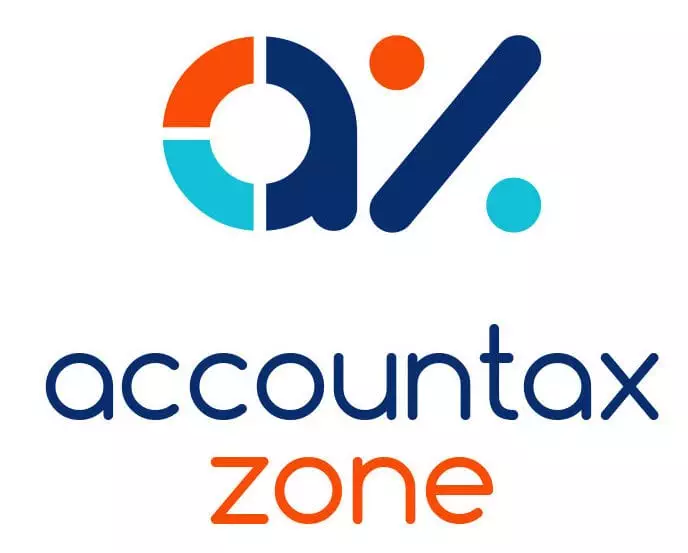HMRC has not been getting good press lately. Time spent waiting for a tax refund, an answer to a letter or for over an hour on the telephone trying to speak to someone with no success has not gone down well with HMRC’s ‘customers’. You can complain, but to whom do you complain, and will you get a satisfactory answer or even compensation?
Deciding whether to make a formal complaint to HMRC depends on the specific situation, the nature of the grievance and what you hope to achieve. Valid reasons will include:
- an incorrect tax calculation made even though HMRC has all the information;
- experiencing unfair treatment, such as lack of respect, undue delay or misinformation from HMRC staff;
- poor service including long delays in processing tax returns or responding to queries, lost documents or lack of clarity in communication; or
- error or mistake made by HMRC that has not been corrected despite being informed.
How to complain
The overall process for an HMRC-related complaint has four potential stages, the first of which can now be started online.
Tier 1 – The initial complaint is dealt with internally by the first point of contact whenever possible. HMRC has empowered complaint handlers to make more decisions for themselves.
HMRC noted in a recent webinar on the complaints process that the aim is to respond to complaints within 15 working days. The timeframe might be longer, especially where the issues arising are complex. However, HMRC says it will provide contact details for the officer dealing with the complaint, and keep you informed of progress.
You may also like to read: Retiring an employee tax efficiently
Tier 2 – If the complainant is among the 7% of taxpayers still unhappy with the response from the Tier 1 handler, at Tier 2 a second person will take a fresh look at the complaint.
Adjudicator’s Office – In the HMRC’s response to the Adjudicator’s Office 2023 annual report June 2023 HMRC states that over 98% of complaints are resolved internally through this first two-tier process. However, if you are one of the 2% who are still unhappy, the next complaint level is to the independent external adjudicator, usually within six months of the Tier 2 review.
The role of the Adjudicator’s Office (AO) is to rule on whether HMRC has handled a complaint ‘appropriately and given a reasonable decision’. However, their work is restricted as they can only consider and rule on specific types of complaints namely:
- mistakes
- unreasonable delays
- poor or misleading advice
- inappropriate staff behaviour
- the use of discretion.
The review is limited to considering whether HMRC has handled the complaint correctly by its guidelines and given a reasonable decision.
Parliamentary and Health Service Ombudsman (PHSO) – This is the final stage if the customer is not satisfied with the AO’s decision.
This final complaint should usually be made within a year of the taxpayer’s first awareness of the problem. A complaint cannot be made directly to the PHSO; it must be raised via the complainant’s MP.
Practical point
A recent ‘freedom of information’ enquiry discovered that the number of ‘customers’ complaining about HMRC delays was 35,000 in 2022/23, with 4,742 being compensated for delays. This equates to approximately a one-in-eight chance of a complaint generating any compensation and average compensation of £150 per successful complaint. These figures prove that unless the complaint is on a matter of principle, such as challenging unfair treatment or ensuring accountability, a formal complaint to achieve compensation is possibly not worth the time spent.
Partner notes:
HMRC leaflet: ‘The role of the Adjudicator’










